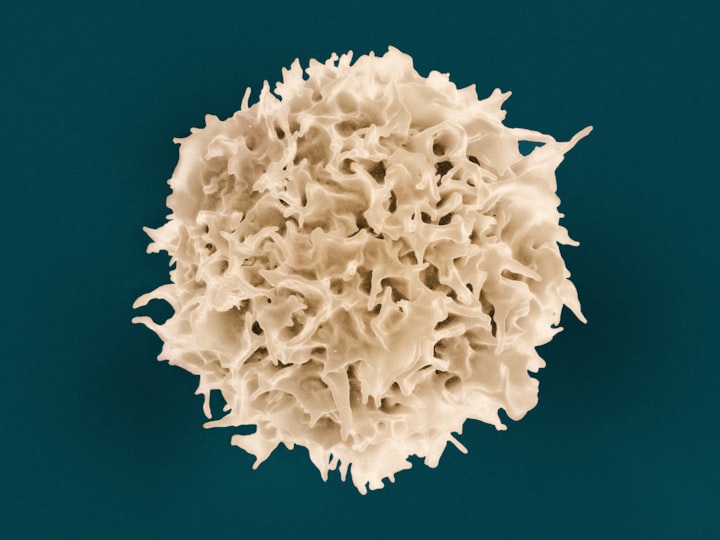Ever wondered what the Greek Gods used to eat?
It wasn't gyros that's for sure

Greek mythology is indeed interesting and at some point, the 12 Greek Gods were what people looked up to as religion in ancient Greece.
Today there are still films being made about the Demigod Hercules and his father Zeus, and many are still humoured by the number of love affairs that Zeus has had.
But how did they exist for so many years without eating anything? It wasn't like Hermes was going to deliver them a pizza and Cronus wasn't eating his babies for every meal. So what is it that tickled the tastebuds for the Greek gods?
Food fit for a God
Now, the Greek Gods most definitely didn't eat Gyros (especially with chiselled figures like that) but what they did eat was ambrosia, and whoever consumed ambrosia would live as immortals.
Just imagine all the gods hanging out together at Mount Olympus and then doves fly up to them in order to deliver them nectar to drink and ambrosia to eat. They would even have a heavenly feast with an unlimited amount of nectar and ambrosia, served by the daughter of Zeus and Hera, Hebe, and the mortal hero from the land of Troy, Ganymede.
But how do we know that ambrosia was the food and nectar the drink that was consumed by the gods? Well, thanks to the author Homer, he had written about it in his poems. But there is still a debate about this, especially after claims from a Greek ancient poet named Alcman stating in his poems that nectar was the food and ambrosia was the drink. But nevertheless, both were still consumed by the gods.
Ambrosia and nectar were also used as fragrant aroma and had helped save Menelaus and his men as written in the Odyssey.

Why did Cronus eat his babies?
The father of Zeus named Cronus actually ate his children out of the fear that one of them would overcome him, thanks to a prophecy. However, Zeus was born in secret in Crete, which is why he lived on as the legend that overtook his father and freed his siblings. He was also raised in a cave by a goat named Amaltheia and was entertained by male dancers so that they would mask the sounds of baby Zeus crying.
Instead, Cronus swallowed a stone wrapped in a blanket that was actually the Omphalos stone.

What is the oldest Greek dish from ancient Greece?
There isn't an ancient Greek dish as such that's been recorded, but there are many ingredients that have been dated back to ancient Greece. Honey is one example and was used frequently as an ingredient for cakes along with sesame. Cakes and bread were commercially sold back then, and wheat, barley, emmer and millet were grains that have been growing since prehistoric times.
Legumes have been eaten since Ancient Greece, with the most common being lentils. As for vegetables, the most popular choices were artichokes and peas.
Meat and fish were also consumed, with the 'Athlete's diet' being mainly meat and bread and wine. However, athletes were also given a diet of dried figs, fresh cheese and bread. (Oh how times have changed).
Vegetarianism was also a huge trend dating back from Ancient Greece and was linked to two ancient Greek religions: Orphicism and Pythagoreanism.
So who had the better diet? Greek gods or mortals?
Greek gods were promised immortality, whereas mortals were able to indulge in different kinds of food and gained different nutrients from ingredients.
The question is, would you rather choose to be immortal and sip on nectar and eat ambrosia, or would you rather eat lentils and gain protein?
About the Creator
Adrianna Anastasiades
Born and raised in London. Living in Seoul, South Korea. Studied BA (Hons) Magazine Journalism and Feature Writing at Southampton Solent University.






Comments
There are no comments for this story
Be the first to respond and start the conversation.